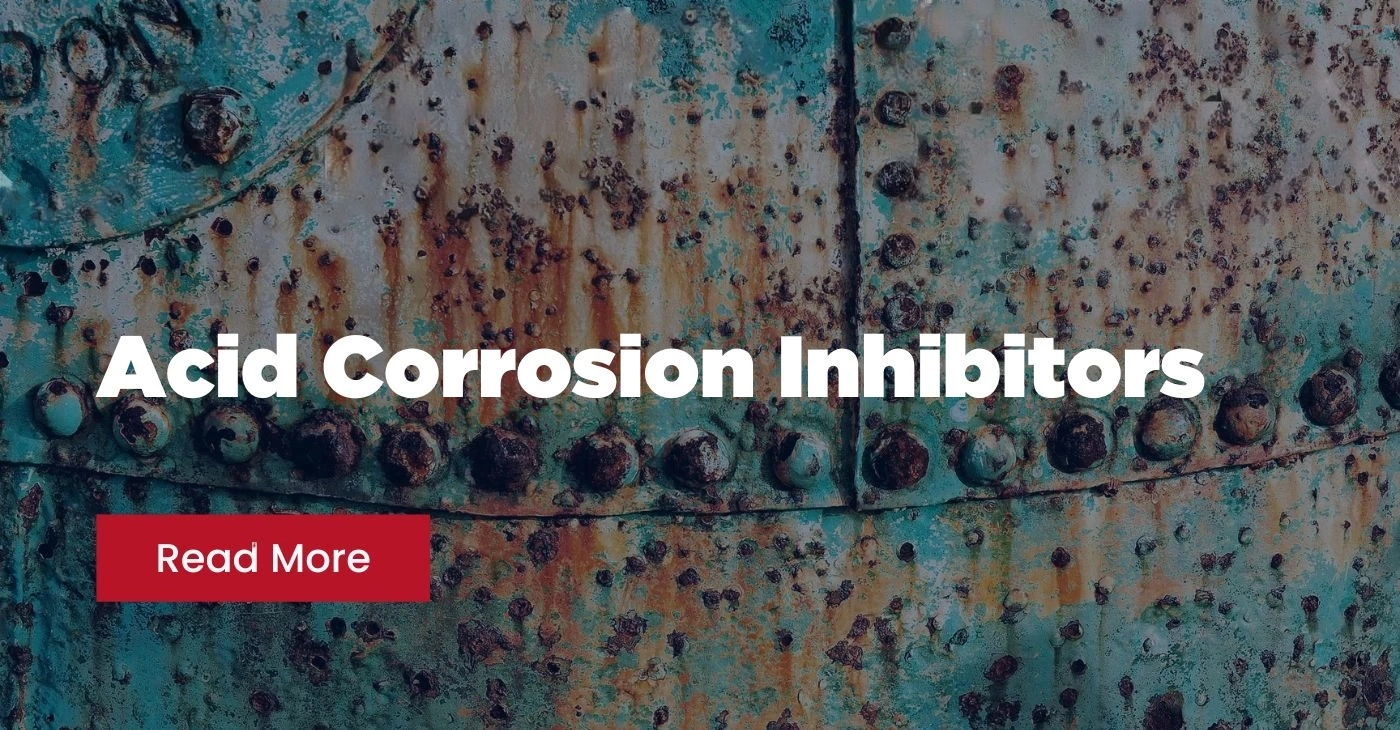

Corrosion inhibitor chemicals are chemicals that are added to a chemical stream to prevent corrosion, or lower the rate of corrosion so that the processing equipment will have a suitable service lifetime.
Corrosion inhibitors are often the most cost-effective way to prevent or control corrosion because they allow one to use less expensive metals for a corrosive environment.
Product Variants
Anodic Inhibitors - They react with oxygen to form a thin film on the surface of the metal. They reduce the corrosion potential of the material by oxidizing a surface layer that is less reactive to corrosive elements.
Cathodic Inhibitors - They slow down the cathodic reaction itself or limit the diffusion of reductive elements such as hydrogen or oxygen to the metal surface.
Mixed Inhibitors - They are compounds that form a film or precipitate to reduce both the cathodic and anodic reactions. Sodium silicate and phosphates used in domestic water softener salts to prevent rust water are examples.
Volatile corrosion Inhibitors - These inhibitors are compounds delivered to the site of corrosion in a closed environment. They form a protective film only a few molecules thick.
Working Mechanism
The inhibitor molecule is adsorbed on the metal surface by the process of chemisorption, forming a thin protective film either by itself or in conjunction with metallic ions.
The inhibitor causes a metal to form its own protective film of metal oxides, thereby increasing its resistance.
The inhibitor reacts with a potentially corrosive components present in the aqueous medium and form complex compound
